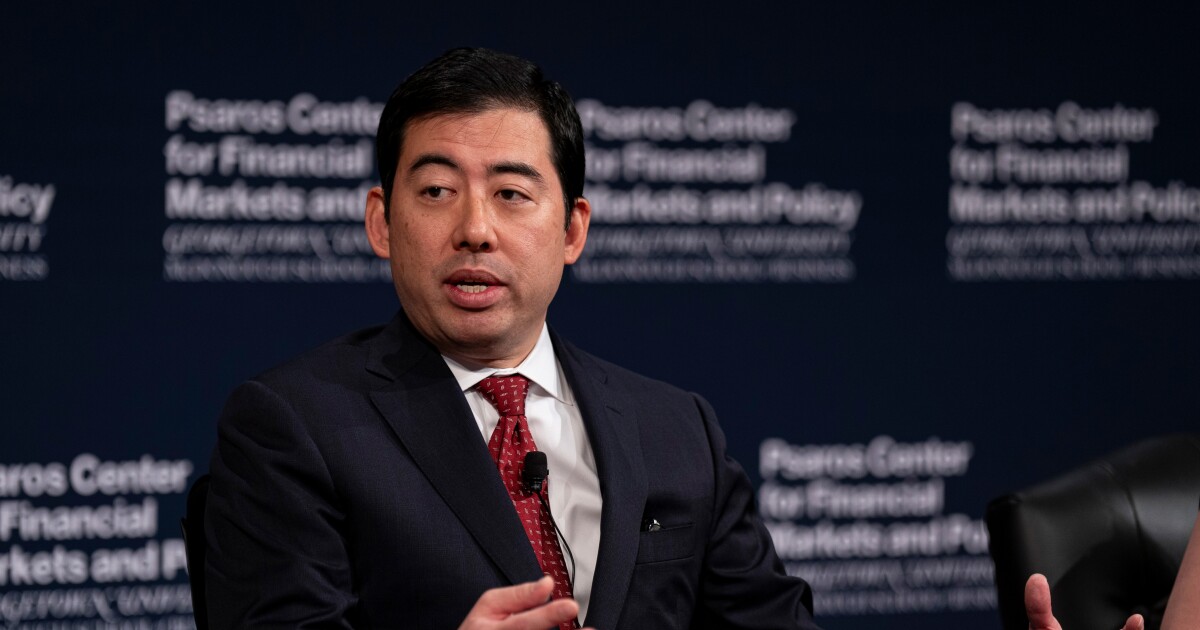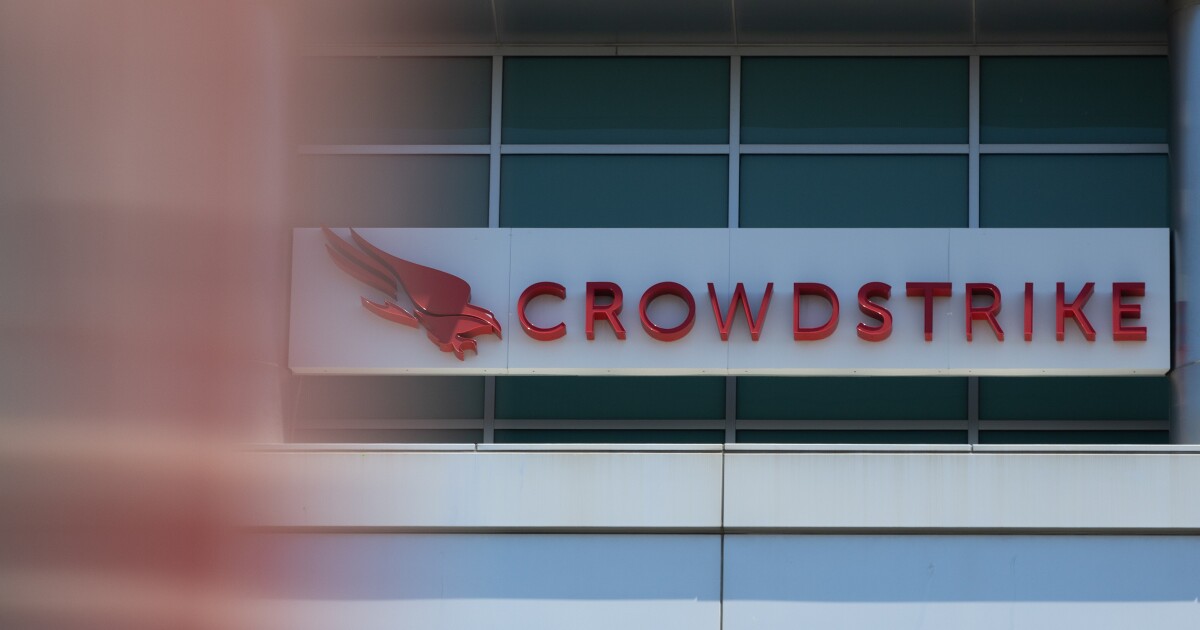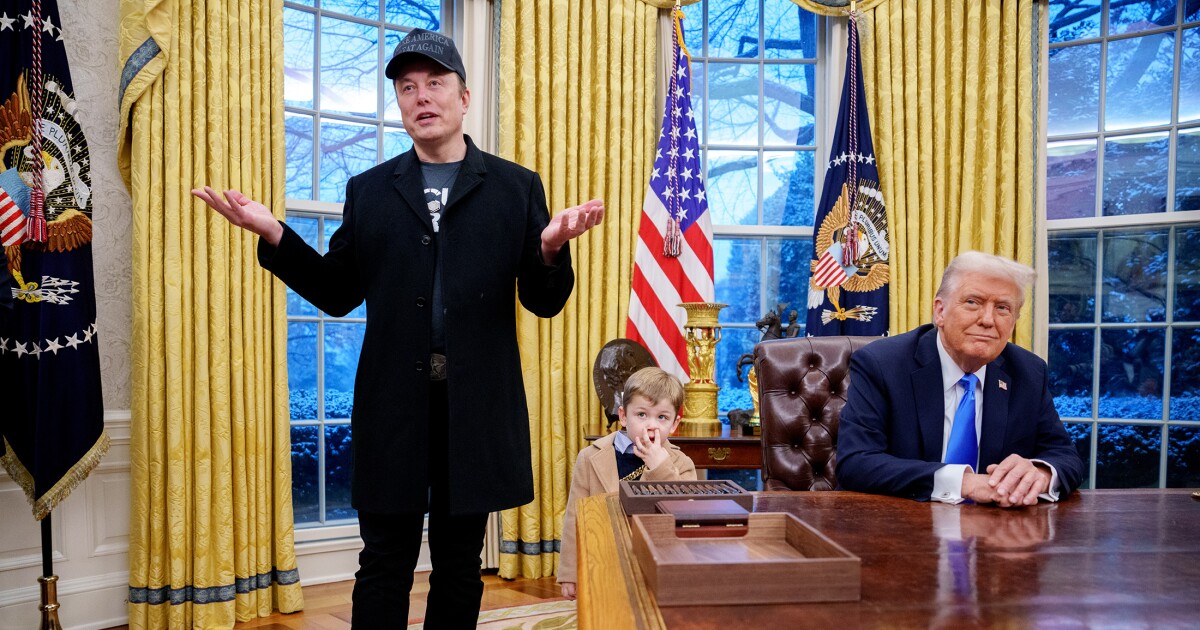President Donald Trump’s nominee to lead the agency that regulates Wall Street has yet to be confirmed, but the sweeping changes to the watchdog from his temporary stand-in are starting to pile up.
Within a day of becoming interim chief of the Securities and Exchange Commission in January, Mark Uyeda made his first public move: starting a revamp to the regulator’s approach to cryptocurrencies, once a major source of agency battles. It was the first of many changes at the regulator under the acting chair, and a sign of things to come.
In less than two months, the regulator has not only dropped more than 10 high-profile crypto-enforcement cases, but also rolled back deadlines to comply with three new rules, declared most memecoins exempt from securities laws, made it easier for companies to reject shareholder proposals and ended litigation of landmark climate-reporting regulations.
Trump and his wife, Melania, launched their own memecoins — volatile digital tokens with no underlying assets or obvious practical purpose — in January. He also has ties to crypto project World Liberty Financial, which said this week it had raised a total of $550 million in gross proceeds.
The SEC’s early moves signal that the expected policy U-turn under Trump will be even more dramatic than during the president’s first administration. After Gary Gensler, former President Joe Biden’s SEC chair, pursued an aggressive agenda that won many enemies on Wall Street, much of that effort is being rolled back.
“You have businesses to run, you don’t exist to respond to SEC proposals,” Uyeda said at a recent conference for chief financial officers. His remarks echoed a speech from the previous week, when he described the SEC returning to its “narrow mission to facilitate capital formation, while protecting investors and maintaining fair, orderly and efficient markets.”
Uyeda’s “focus is on ensuring the capital markets can facilitate competitiveness and the ingenuity of American industry,” an SEC spokesperson said.
It’s not just a policy and rulemaking shift. Cuts to the federal workforce and curbs on the SEC’s power via an executive order that requires White House approval of new regulations from independent agencies means the watchdog is getting a major shakeup.
‘Dramatic’ changes
“There has never been anything this dramatic or far-reaching as what you’re seeing now,” said Joel Seligman, a law professor at the University of Washington in St. Louis and SEC historian.
The agency has to proceed carefully, Seligman and four other academics warned in a public letter published this month. Staffing cuts and fewer eyes on the markets didn’t bode well during the 2008 financial crisis, they said, and market players may take advantage of investors if they perceive the SEC as weak or too overloaded to take on enforcement actions.
“With growing concern, we fear that we are watching the SEC face a death by 1,000 cuts,” the professors wrote. “The end result might be a shell of its former self, as the SEC becomes an agency with little power, capacity or independent judgement.”
The SEC declined to comment on the letter, the spokesperson said.
While Uyeda is merely acting chairman of the SEC, he’s seen as smoothing the path for Trump’s nominee to lead the Wall Street regulator permanently: the libertarian-leaning Paul Atkins, who served as SEC commissioner from 2002 to 2008. Uyeda has been with the SEC since 2006, and once served as senior adviser to Atkins.
While the Senate Banking Committee has yet to finalize a date for Atkins’s confirmation hearing, it’s looking to hold it on March 27, said a person with knowledge of the matter who asked not to be identified discussing information that isn’t public. Atkins has yet to file his final financial disclosures, the person said.
The Senate committee is working to quickly consider Trump’s nominees, a spokesperson said. Atkins didn’t immediately respond to a request for comment.
Even before Atkins’s confirmation, businesses see the recent changes as providing an opening. The Managed Funds Association this month sent a 13-page letter outlining its ideas to encourage business-friendly policies. Its requests followed comments from SIFMA, which represents broker-dealers and other financial-services firms and last month urged the SEC to pause fee collections from brokers related to the Consolidated Audit Trail, the costly system used for tracking financial trades and a frequent target of Wall Street ire.
The SEC has made changes in line with some of those requests and signaled an openness to more.
Exemption, extensions
In February, the regulator exempted personally identifiable information, such as names and birth years, from a requirement for storage in the CAT. Hedge funds and banks trading U.S. Treasuries got an extra year to follow a rule requiring them to centrally clear their trades. And investment managers also will get an extra year to report short-position data. On March 14, the SEC gave investment companies an additional six months to comply with a 2023 rule requiring that at least 80% of a fund’s investments relate to the fund’s name, among other new requirements.
SEC leadership is open to expanding investor access to the private market, such as by revamping the definition of an “accredited investor” or reducing the number of disclosures early-stage public companies have to make, according to speeches Uyeda has given.
The goal is to expand access, both to higher returns for retail investors and to access to capital for businesses, said Jennifer Schulp, director of financial-regulation studies at the Cato Institute. That doesn’t mean the commission’s Republican majority will seek to eliminate the historic divide between public and private markets, she said.
The SEC’s enforcement arm also is getting an overhaul. This month, the regulator announced it would require commissioner signoff before its market-policing unit issues subpoenas.
Changing priorities
Priority shifts are normal in leadership transitions at financial regulators — even big ones.
In 2017, four Senate Democrats decried what they called an overly aggressive agenda by then-acting SEC Chair Michael Piwowar, who directed agency staff to reevaluate SEC rules on conflict minerals and executive pay. The agency’s inspector general found that Piwowar’s actions were well within his remit as acting head of the SEC.
What’s different this time around is the torrent of directives from the White House along with the impact of a new Department of Government Efficiency.
“From a policy perspective, much of this was expected,” said Kimberly Hamm, a partner at Mayer Brown and former chief counsel to ex-SEC Chair Jay Clayton. “But the backdrop of the rapid-fire executive orders and federal workforce changes is what makes this challenging.”
Staffing changes
DOGE’s impact has yet to come entirely into view, but the SEC has started some internal shifts. The agency offered incentives for workers to resign or retire early and plans to eliminate the leases for certain regional offices, which oversee a hefty portion of exams and enforcement work.
The SEC also decided to cut the senior-most positions across the regional offices, though the individuals in those roles aren’t being forced out, according to people with knowledge of the matter who asked not to be identified discussing personnel matters.
The uncertainty has led to high anxiety and low morale, even as the agency churns out staff interpretations and policy positions, said people familiar with the matter who asked not to be identified to avoid retaliation. A number of workers have taken the offers, resulting in a flurry of farewell emails, while many more staffers are on the hunt for new jobs, the people said. The SEC declined to comment.
“DOGE is the ultimate wild card,” Schulp said.


 Economics1 week ago
Economics1 week ago
 Accounting1 week ago
Accounting1 week ago
 Blog Post4 days ago
Blog Post4 days ago
 Economics1 week ago
Economics1 week ago
 Personal Finance1 week ago
Personal Finance1 week ago
 Economics6 days ago
Economics6 days ago
 Personal Finance1 week ago
Personal Finance1 week ago
 Finance1 week ago
Finance1 week ago












